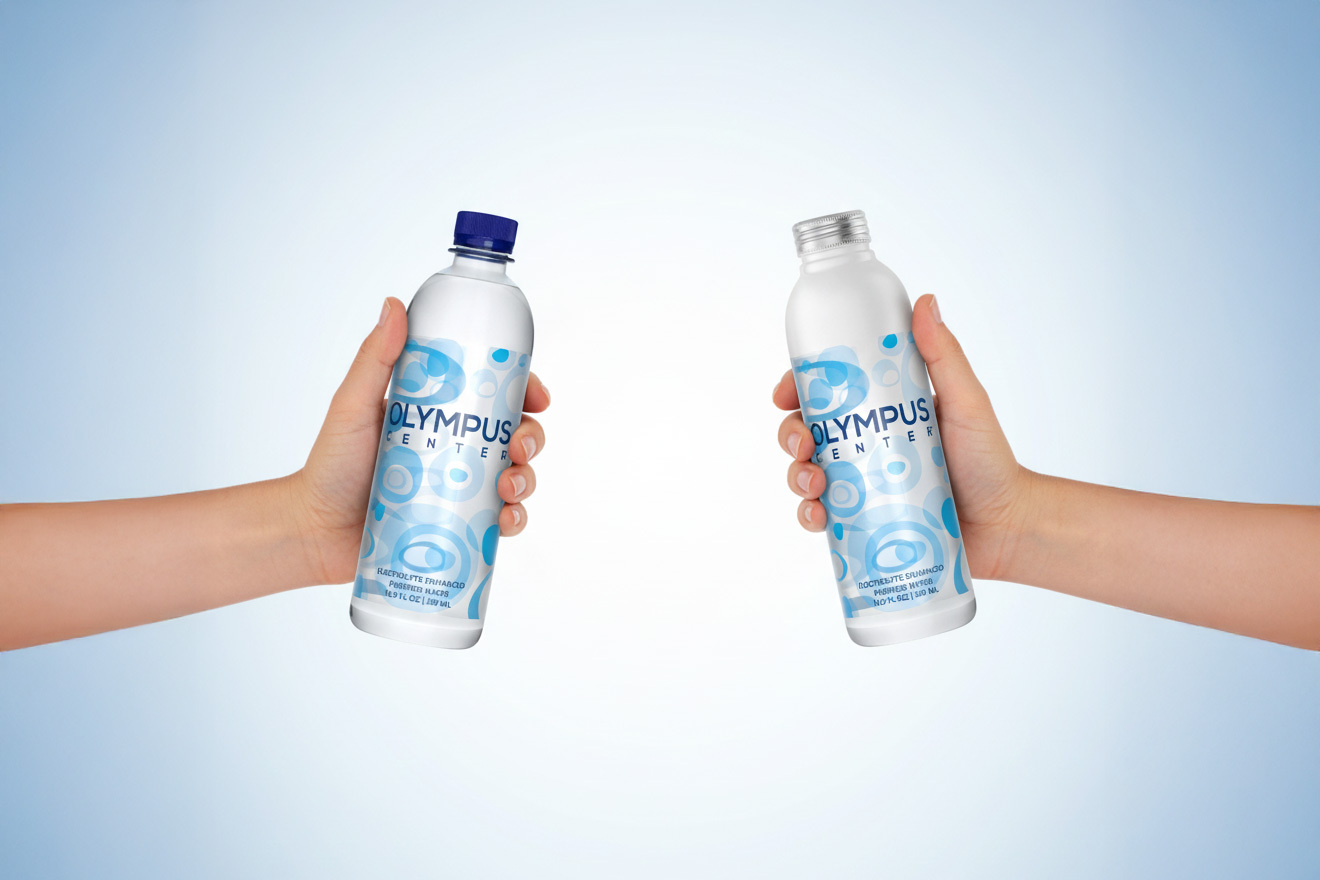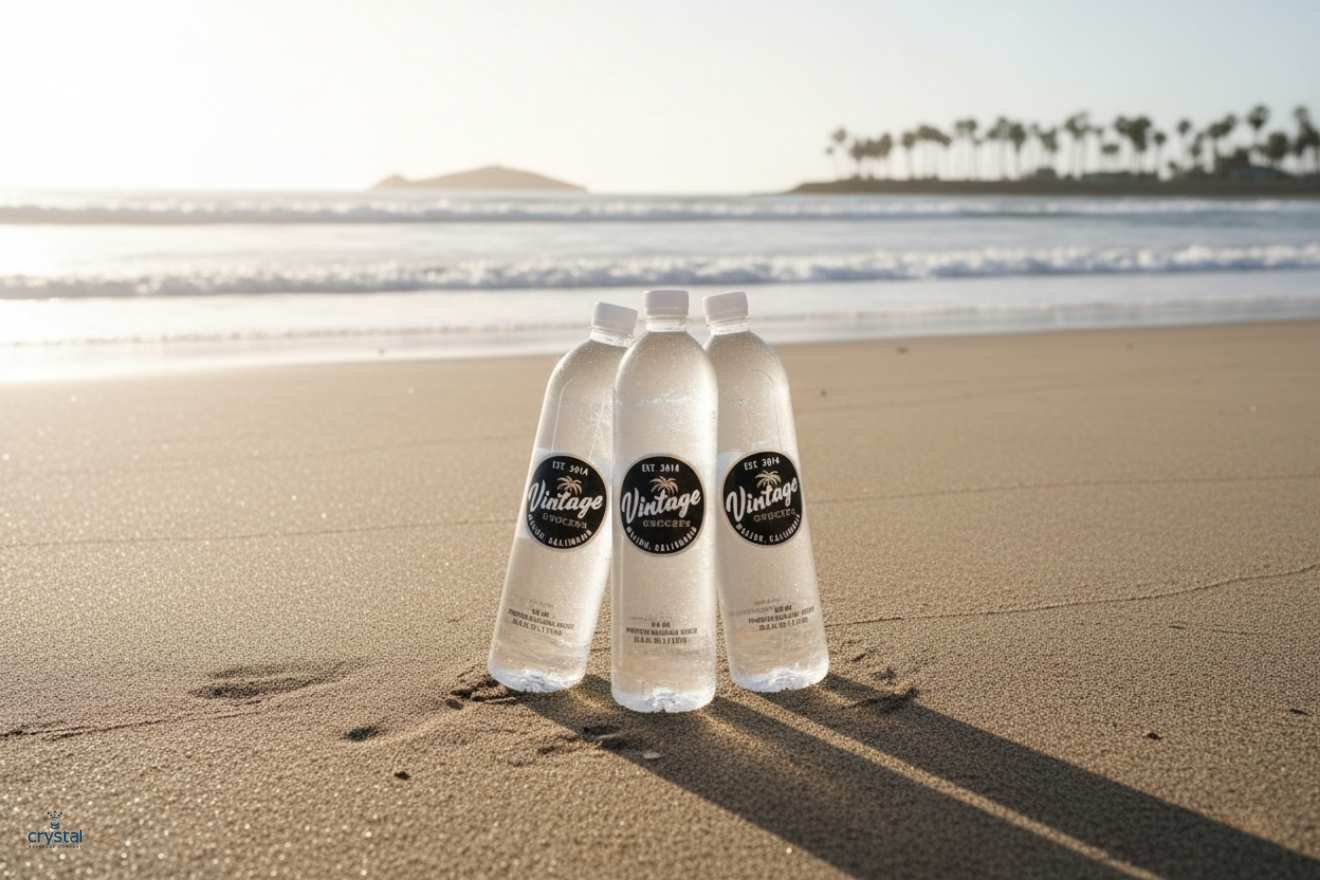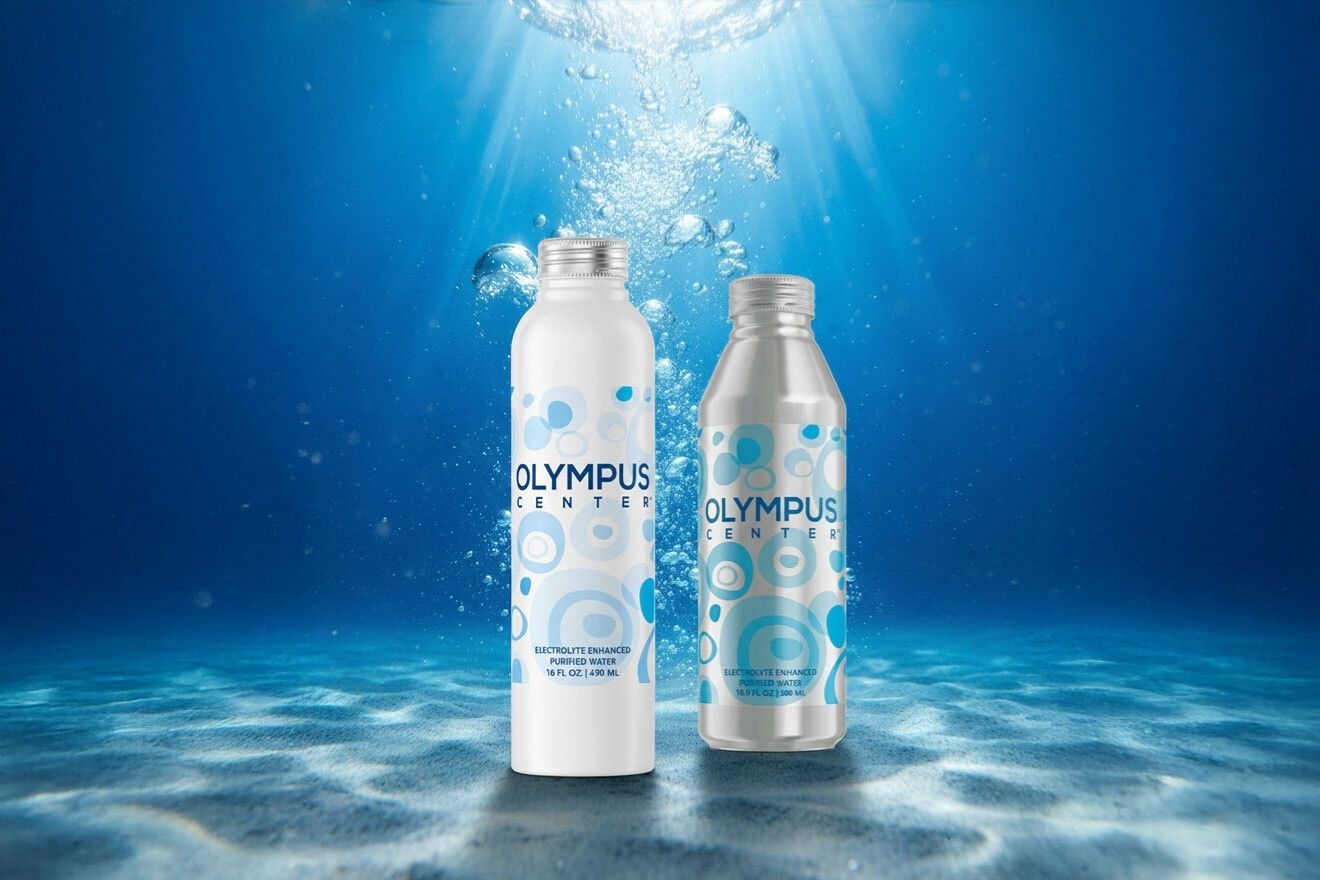Is Bottled Water Really Safe?


Most of us have drunk a bottle of water or two throughout our lifetimes, with some of us having bottled water as our preferred source of hydration over tap water. You may have also heard concerns over the safety of bottled water, and how it can affect our hormones the more we drink from plastic water bottles.
Drinking bottled water from plastic bottles is often seen as an environmental sin, but many tend to forget that there are other materials for bottles instead of just plastic. Glass, aluminum, and even paper bottles exist. The important aspect is the safety of the contents of the bottle, not the material itself.
Is Bottled Water Safe?
Myths and Misconceptions
The BIG Myth: Bottled water is tap water with a brand.
Many people tend to believe that bottled water is just tap water fitted into a bottle, and slapped with a brand that enables the product to be sold at exuberant prices. This is a common misconception as bottled water and tap water generally have the same neutral flavor.
Some people may have seen highlights on the bottled water industry, saw the taps that deliver water into bottles, and concluded that bottled water is the same as the tap water they drink at home. Regardless of the source of this myth, bottled water is NOT tap water.
The BIG Truth: Bottled water is NOT tap water!
For one, bottled water companies must disclose the source of their water, as per guidelines set by the Food and Drug Administration (FDA). Bottled water is also treated differently, with each manufacturer treating their product using various methods such as filtration, distillation, or even UV sterilization.
The different methods of water treatment may or may not contribute to the overall flavor of the water, but they all achieve the same goal of ensuring water safety. Tap water is not subjected to these treatments, and are typically treated using a filtration system.
Myth #2: Bottled water is bad for the environment.
Commercially bottled water typically uses plastic bottle materials for their products, which can be detrimental to the environment when disposed of improperly. Drinking water contaminants may also include chemicals that leach from plastics, which are not filtered through purification systems. These are the claims of this myth that have mixed truths to them.
Truth #2: Bottled water comes in many different packaging, both environmentally friendly and not.
We say mixed truths because this myth only shows a fraction of the entire bottled water production. While plastic bottles may leach chemicals when heated or otherwise damaged, bottled water comes in multiple different containers from glass to aluminum.
The fight against bottled water is specifically geared towards the use of plastics, but there are alternatives that consumers can choose from. Denying bottled water is also denying accessibility to those areas where drinking water is scarce. What we can do is to prefer sustainable materials and processes instead of banning bottles altogether.
Myth #3: Bottled water is unregulated.
The Environmental Protection Agency (EPA) regulates tap water under the Safe Drinking Water Act. They ensure that tap water is safe to drink, and is completely free from any contaminants that could spread disease to the rest of the population. Some tend to believe that bottled water does not have the same regulations put in place.
Truth #3: Bottled water is regulated by the FDA, which checks for the potability of drinking water.
The truth to the matter is that bottled water is regulated by a separate governing body. Bottled water, as it is a product manufactured for consumption, is regulated by the Food and Drug Administration, who take great considerations in ensuring the safety of the product before these hit the shelves.
Under the Federal Food, Drug, and Cosmetic Act (FFDCA), 21 U.S.C. §§ 301 et seq., as well as Title 21 of the Code of Federal Regulations, bottled water must comply with strict standards in both its contents and its packaging. Everything that goes into manufacturing a bottle of water is regulated to be food-safe, potable, and clean.
Myth #4: Bottling companies are draining our natural water supplies
We're not exactly sure where this myth came from, but it claims that bottled water companies are draining away at our natural resources, specifically natural bodies of water, to manufacture their products. Not only is this a peculiar claim, it simply isn't true.
Truth #4: Bottling companies work WITH natural resources to keep a steady supply of water going.
Water resources are the bread and butter of bottled water companies. These companies rely on natural resources for water: rainwater, lakes, underground water sources, and natural springs. Some companies even make use of salt water that they purify into drinking water.
As per National Geographic, water is considered a renewable resource - meaning it can replenish once depleted. However, the distribution of water is largely inequal, especially in areas where drought is persistent. These areas actually benefit from aid in bottled water, and water reservoirs.
Alternative Ways to Using Bottled Water
Infused Water
Try adding variety into your water consumption with infused water in the convenience of a bottle! Place a few slices of your preferred fruit, and chill your bottled water in the fridge overnight. The next day, you can power through your busy schedule with a flavored refreshment you can take with you anywhere you go.
Waste-free Ice Packs
Freeze your bottled water to create waste-free ice packs for your next camping trip. Use frozen bottles instead of ice when storing drinks, cooked food, and other chiller items, and you'll keep your cooler cold without wasting any ice that just ends up melting and soaking your food. Plus, when the frozen bottle melts, you can drink the water!
Recycled Water Bottles
Water bottles can be recycled into a variety of items. Bottle caps are being turned into skateboards, pens, and other plastic supplies, while full bottles are being used as eco bricks to give stability to homes as they are built. Some cities have also paved their roads with recycled plastic bottles, which is lighter and cooler than asphalt.
Ready Water Supply
Bottled water may not be an option for some countries and areas where fresh, clean drinking water is scarce. Some areas, both developed and developing, have only bottled water to rely on for their drinking water, as tap water is not readily available.






